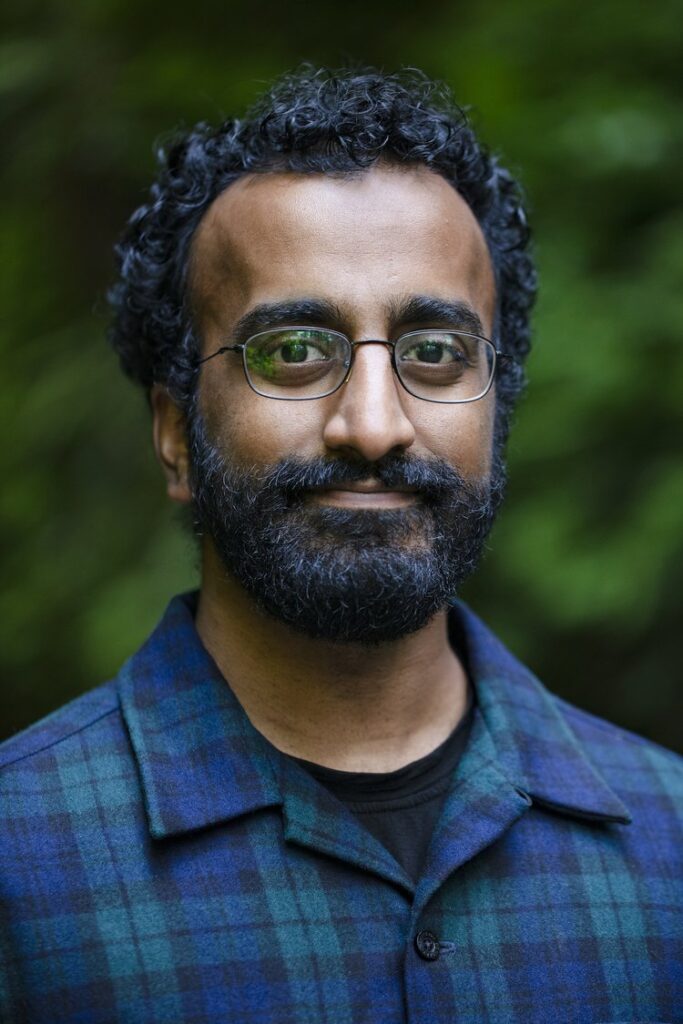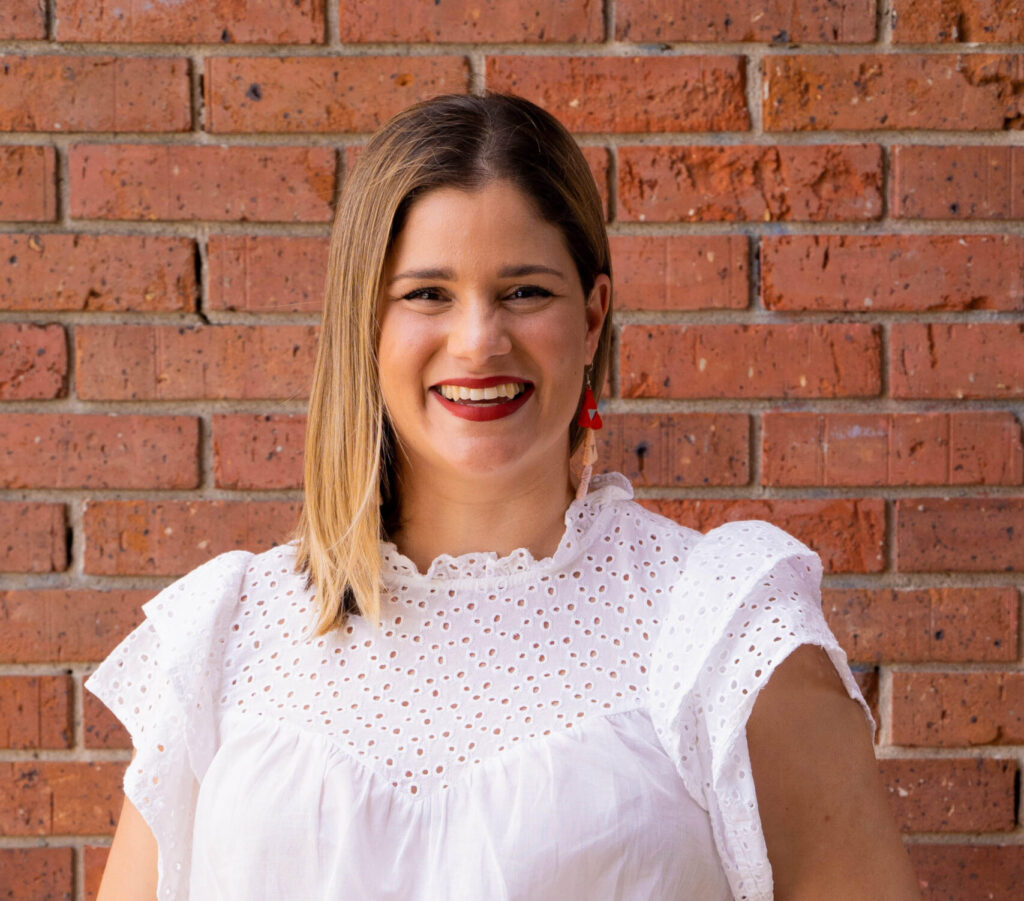PLEASE NOTE: Scheduling with speakers, and confirmation of a few last final sessions are in the works! Precise dates and times will be based on presenter availability and are still being determined.
Please note, programming may be subject to change. Keep your eye out for more additions and details coming soon.
—————
In-person short talks, keynotes, and panel sessions on April 3-4 will also be streamed and available for virtual attendees to watch live, in real time (EDT). In-person workshops will not be available to virtual attendees.
Virtual short talks, panel sessions and workshops will take place between March 17-21 and 14-28. ALL attendees will have access to virtual presentations.
Workshop attendance, virtual or in-person, will be first-come first-served. Maximum attendance for each workshop will be noted in the conference schedule when the full agenda is posted.
ALL keynote, short talk, and panel sessions, except one in-person panel, will be available as recordings in the conference platform for 3 months following the conference.
—————
In addition to Keynote presentations, the annual open-mic Rapid Pitch session, a SciComm Poster & Art session + evening reception, numerous networking opportunities, & more… presenting the:
2025 In-Person Program (schedule TBD)
Short Talks:
- Those Nerdy Girls: An All-Female Team of Science Communicators
- Sara Gorman (Executive Director, Those Nerdy Girls)
- Notes on Science Video Production: Workflow, Tips, and Challenges
- Niba Audrey (Science Video Producer/Host, Notes by Niba)
- Visualizing the Rise of #BlackInSTEM & Other Diverse #SciComm Communities
- Alberto Roca (Executive Director, DiverseScholar)
- Crisis, Chaos, and Connection: A Toolkit for Reinforcing Science Communication in Turbulent Times
- Tracie Risling (Associate Dean of Innovation, Faculty of Nursing, University of Calgary)
- Meme-ing and Meaning in Science
- Emily S. Nocito (Knauss Fellow (2024), University of Maine)
- Science simplified: Improv and storytelling for accessible and meaningful communication
- Brian Tibayan (PhD Candidate, Graduate Support Assistant, University of Idaho)
- Unleashing Civic Imagination: Principles for bridging science with real world issues through art, design, and community insights
- Stephanie Fine Sasse (Founder & Director, The Plenary, Co.)
- Bugs on YouTube: Insights from 10 years of Science on Ant Lab
- Adrian Smith (Research Professor, North Carolina Museum of Natural Sciences & NC State University)
- MBARI SciComm: A deep dive into marine science and technology storytelling
- Lila Luthy (Science Communication Associate, Monterey Bay Aquarium Research Institute (MBARI)) & Marike Pinsonneault (Science Communication Fellow, Monterey Bay Aquarium Research Institute (MBARI))
- Creative Commons Licenses for Open Science
- Taylor Campbell (Project Lead, Open Science, Creative Commons)
- Designing Effective Science Visuals
- Veronica Falconieri Hays (Certified Medical Illustrator, Falconieri Visuals)
Workshops:
- Communicating Science to a Conscious Consumer: Navigating Food, Nutrition & Wellness Misinformation on Social Media
- Veronica Jaramillo & Priscilla Leftakis (Food Scientists/Science Communicators, The Food Truth Project)
- Effective Science Messaging in the Digital Age: What to Say and How to Say it
- Elisabeth Marnik (Science Education & Outreach Coordinator, MDI Biological Laboratory) & Sabina Vohra-Miller (Doctor of Public Health Candidate at the University of Toronto)
- Making science videos for social media
- Véronique Koch (Senior Science Producer, Duke University)
- The Art of Science Writing: A Hands-On Workshop
- Deborah Bright (Board Member, Representing San Diego Science Writers Association)
- Challenging the Status Quo: Debunking Stereotypes and Redefining Science Communication in Academia
- Anjana Nair (Science Communications Manager, Columbia University Irving Medical Center)
- Using SciComm to Engage with Local Policy-Makers
- Taylor Spicer (Managing Director, Engineers & Scientists Acting Locally)
- Designing and Evaluating Evidence-Based Science Communication Strategies
- John Besley (Ellis N. Brandt Professor, Michigan State University) & Karen Peterman (Principal, Catalyst Consulting Group)
- Storytelling for STEM Success: Crafting Personal Narratives to Empower STEM Education
- Krishna Pakala (Associate Professor, Boise State University) & Eric Jankowski (Director and Associate Professor, Boise State University) & Patrick Lowenthal (Professor, Boise State University)
Panel Discussions:
Inclusive STEM Content: How to Make Science for Everybody
Science content garners billions of YouTube views, but there is a lack of representation among the top STEM content creators. As part of a grant from the National Science Foundation, PBS is experimenting with new ways to make science content online by identifying, testing, and implementing tactics to better reach three underrepresented groups in STEM: Black, Hispanic, and female viewers. Attendees will hear the results from this work, and receive our Intentional Science Communication tip sheet.
- Gabrielle Ewing (Director of Programming, PBS Digital Studios, PBS)
- Michael A. Cacciatore (Associate Professor, University of Georgia)
- Regina Ayala Chávez (Research Associate, Catalyst Consulting Group)
- Nehemiah Mabry (CEO, STEMedia Incorporated)
Science And Media Relations: How (And Why) Scientists and Communicators Can Work Together to Amplify Their Reach
**NOTE: THIS PANEL WILL BE STREAMED LIVE, BUT WILL NOT BE AVAILABLE AS A RECORDING**
Shipman and Jewell are professional communicators, McKenney and Jewell are active researchers. The panel will delve into how, and why, researchers and communicators should work together to raise the visibility of emerging research findings. The talk will include practical tips as well as broad themes to guide outreach efforts.
- Matt Shipman (Assistant Director of Research Communications, North Carolina State University)
- Michelle Jewell (Communications & Engagement Manager, Southeast Climate Adaptation Science Center)
- Erin McKenney (Assistant Professor of Applied Ecology, NC State University)
Vaccination Resistance and Hesitance, Lessons from COVID-19
The editor and authors of Pandemic Resilience: Vaccination Resistance and Hesitance, Lessons from COVID-19 facilitate discussion of the roots of, responses to, and remedies for vaccine reluctance and opposition, with particular attention to COVID-19. Audience members are invited to share their experiences, perspectives, or research regarding attitudes and behaviors relevant to vaccination and other preventive health measures.
- David M. Berube (Professor, Department of Communication, North Carolina State University)
- Melissa Carrion (Assistant Professor, Dept. of English, University of Nevada, Las Vegas)
- Lindsey A. Harvell-Bowman (Associate Professor, School of Communication Studies, James Madison University)
- Roy Schwartzman (Professor, Department of Communication, North Carolina State University)
Defining Civic Science: Connecting Science and Society
As science and technology continue to reshape society, the role of science communicators in cultivating civic science practices has never been more vital. This session convenes experts to examine the concept of civic science in light of urgent science communication challenges, including societal fragmentation, the imperative to engage diverse communities, and the need to democratize science and increase citizen participation in its processes & products. Sharing examples of effective communication strategies, inclusive public engagement efforts, and institutional reforms, the panelists will explore how to foster a future where science is not only accessible, but also shaped by and for the broader public.
- Brian Southwell (Distinguished Fellow, RTI International)
- Andrew George (Director of STEM Innovation & Engagement, Institute for Methods Innovation)
- Jylana Sheats (Associate Director, Aspen Institute)
- Catherine Devine (Civic Science Fellow, Montclair State University)
- Amml Hussein (President, National Association of Social Workers, NJ Chapter; 2024 Civic Science Fellow, Boston University’s College of Communication)
Keynote Speakers
Anand Varma

Anand Varma is a National Geographic Explorer and award-winning photographer based in Berkeley, California. Through his work, Anand highlights creatures whose incredible details typically go unseen, and discovers new stories behind the science along the way.
He runs the WonderLab, a one of a kind storytelling studio where he and his team develop innovative photography and videography techniques that push the boundaries of how we understand the wonders of our world. WonderLab also serves as an incubator for ideas and talent by offering mentorship and education opportunities for aspiring scientists and storytellers. With WonderLab, Anand and the National Geographic Society aim to demonstrate how science coupled with stunning visual storytelling sparks curiosity and creates a deeper connection to our natural world.
Mónica Feliú-Mójer

Dr. Mónica Feliú-Mójer is a bilingual science communicator who taps into her training (a PhD in neurobiology), personal background, and culture (a woman from a rural working-class community in Puerto Rico) to engage historically underserved and overlooked audiences, especially Puerto Ricans and other Spanish-speakers, with science. She has more than 18 years of experience in multimedia and inclusive science communication, community engagement, filmmaking, media relations, diversity, equity, and inclusion.
Dr. Feliú-Mójer also serves as Director of Inclusive Science Communication for the Science Communication Lab. She is a fellow of the American Association for the Advancement of Science, the California Academy of Science, Emerson Collective, and the US-Japan Leadership Program. She serves on the National Academies of Science, Engineering and Medicine’s Standing Committee on Advancing Science Communication.
—————
2025 Virtual Program (schedule TBD)
Short Talks:
- Make It Pretty: Visuals, AI and Design For Selling Science
- Sam Ridgeway (Assistant Producer, Atlantic Productions)
- Why Metaphors Matter for Marginalized Stories
- Joan Tu (Medical Literacy Developer, Researcher, MedULingo)
- Engage: a Model for Multidisciplinary Science Communication Training
- Violet Sorrentino (Engage Board Member, Engage, University of Washington) & Monica Tschang (Engage Board Member, Engage, University of Washington)
- Conscious Language: Treating People with Dignity
- Kathryn Jepsen (Editor, SLAC National Accelerator Laboratory; Member, Association of Science Communicators Steering Committee)
- Connecting Over Science: How To Create Community With Special Events
- Lexa Graham (Editor, DNAtured Journal) & Valerie Bentivegna (Research Scientist, University of Washington)
- Co-create videogames with scientists: why and how
- Diogo Fernandes Santos (Researcher, Research Center of Chemistry of University of Porto – CIQUP)
- What does it take to collaborate? Relationship insights from a sci-comm research-filmmaking partnership
- Emily Howell (Associate Researcher, Science Communication Lab; Oregon Research Institute) & Sarah Goodwin (Executive Director, Science Communication Lab)
- From Lab to Classroom: How Research Communication Inspires Canada’s Next Generation
- Conan Lee (Events & Stakeholder Relations Coordinator, Let’s Talk Science)
- Bridging Science and AI: Integrating Artificial Intelligence into Science Communication Education
- Stefanie Varghese (Instructor, University of Alabama at Birmingham)
Workshops:
- Don’t Believe Everything You Believe
- Bertha Vazquez (Education Director, The Center for Inquiry)
- Science Engagement with People of Faith
- Rachel Kline (Senior Program Associate, AAAS)
- Improv Skills for Science Communicators
- Jon Catherwood-Ginn (Co-Director of Research & Assistant Professor of Applied Theatre, Center for Communicating Science, Virginia Tech)
- A Workshop to Practice Countering Science Denial
- Chris Impey (Distinguished Professor, University of Arizona)
- Unlocking TikTok: Curating an algorithm to forecast trends and find mis/dis/mal information
- Elisabeth Anderson (Director of Science Communication, Michigan State University – Center for Research on Ingredient Safety)
- Genuine Disability Allyship for Science Communicators
- Sara Kobilka (Owner, Renaissance Woman Consulting)
Panel Discussions:
Building a Communicating Science Ecosystem at a Land Grant University: Sharing Lessons
Panelists will provide perspectives on the connections among Virginia Tech’s Center for Communicating Science and graduate-level communicating science course, the university’s science outreach and community engagement efforts, a graduate certificate program in policy for STEM students, an undergraduate minor in communicating science, SciArt collaborations, and the many “ripple effects” of the work.
- Carolyn J. Kroehler (Associate Director, Center for Communicating Science, Virginia Tech)
- Patricia Raun (Director, Center for Communicating Science, Virginia Tech)
- Phyllis Newbill (Associate Director of Youth and Community Programs in the Center for Educational Networks and Impacts, Virginia Tech)
- Todd Schenk (Associate Professor, Urban Affairs and Planning Program in the School of Public and International Affairs; Program Director of the Science, Technology & Engineering in Policy (STEP) program, Virginia Tech)
- Maria DeNunzio (PhD candidate, Virginia Tech)
The Meaning of Mentorship
Join us for an informal discussion about ASC’s inaugural mentorship program. Mentors and mentees will share what they learned and what projects and accomplishments they completed. We’ll also learn about what insights they gained and what suggestions they have as we continue to grow the program.
- Moderated by Justice Morath, ASC Membership Director
- Panelists TBD; mentor and mentee participants in the pilot mentorship program
